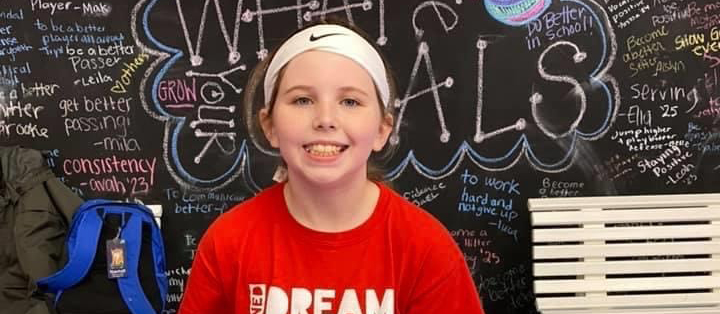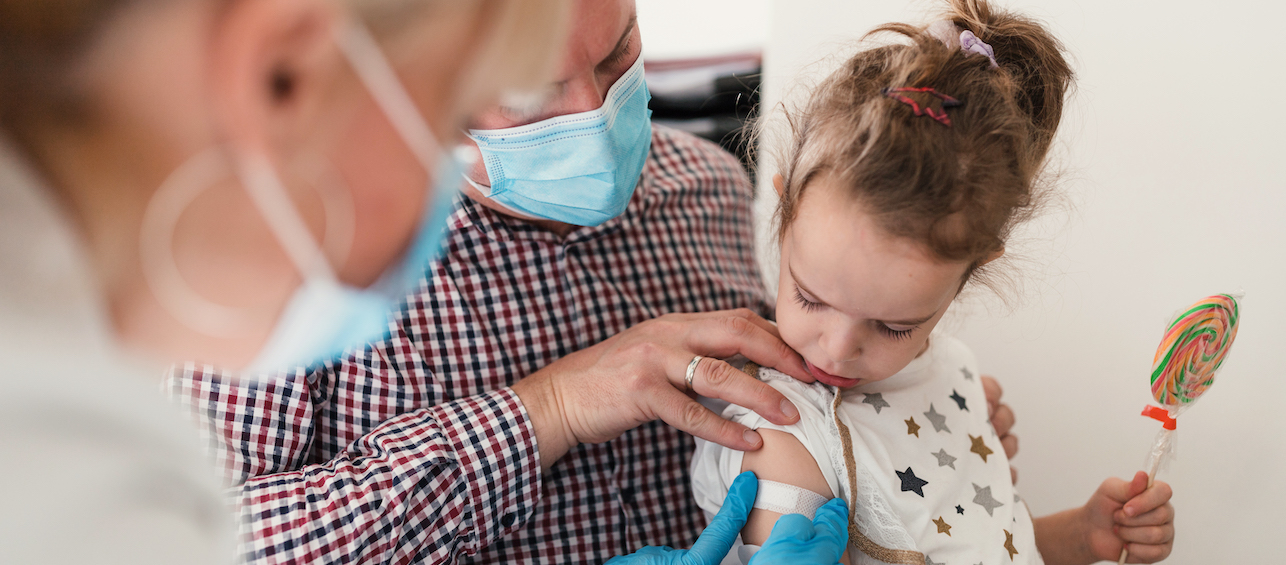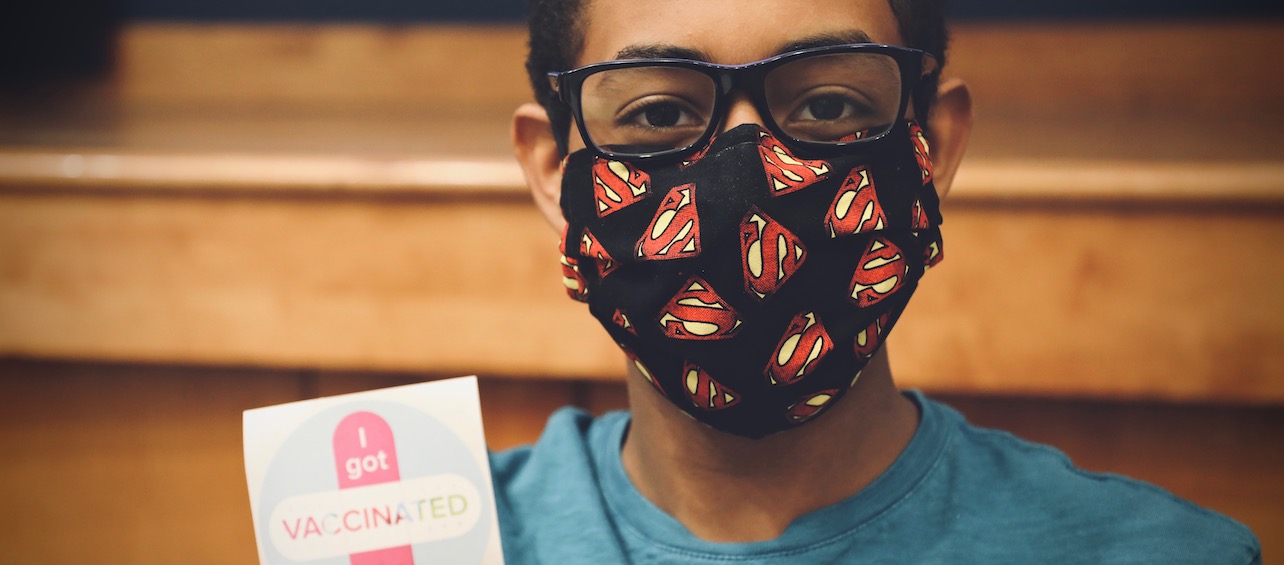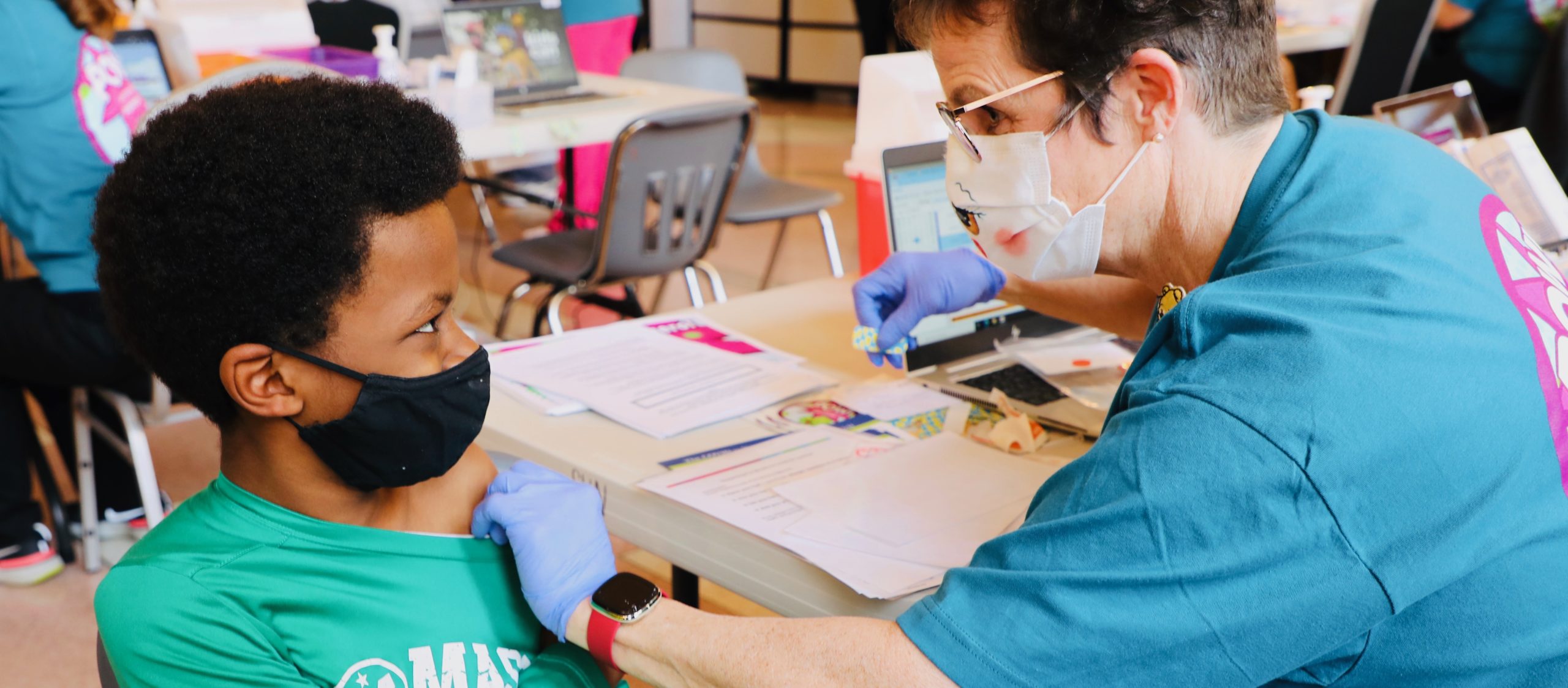Like many families across the country, we are anxious about the new coronavirus disease, COVID-19.
However, our family may be different from some in that we are used to being cautious during viral outbreaks such as influenza. Our daughter, Courtney, has a compromised immune system. Two others in our house are on immune suppression drugs and two are considered essential workers. We never know what virus Courtney might catch and how her body will react to it.
Multiple Conditions Weaken Courtney’s Immune System
Courtney is immunocompromised due to multiple medical conditions and the medicine used to treat them. She has juvenile arthritis and has been on immune suppressant medications and chemotherapy drugs for over seven years now.
She also has myasthenia gravis, which requires monthly infusions at Cincinnati Children’s to treat it. Further, Courtney has another condition called Ehlers-Danlos Syndrome as well as a congenital heart defect.
Two of the medications Courtney takes cause her ANC (infection-fighting white blood cells) to stay low, which puts her at risk for infections all year round. She also had her thymus removed last September because it was thought to be making her myasthenia gravis worse. The thymus helps fight off infections.
Because she is so immunocompromised, we’re on high alert on a normal day. However, this pandemic has us taking further measures to keep her safe and healthy. I’d like to share how we’ve been managing everything at home, in case it’s helpful to other families who have an immunocompromised child. And even if one of your family members isn’t immunocompromised, the perspective may still be helpful! Even a virus that’s been around for a while – let alone a new one like COVID-19 – could send an immunocompromised kid to the hospital.
Here’s how we’re handling COVID-19 in our house:
1. Practicing good hand hygiene
We practice good hand hygiene no matter the time of year. I’m including it in this list because while it’s obvious, it’s the single-most effective thing we can do to keep her safe. In addition to washing our hands whenever we get home, before cooking and eating, and after using the bathroom, we also keep hand sanitizer in the car and on-the-go when we can’t get to a sink.
2. Staying home
During flu season, Courtney stays home from about December to February or March. However, she would still go to her doctor’s appointments. During COVID-19, we’ve tried to transfer as many appointments as possible to telehealth visits. When she does need to attend in-person, she wears an N95 mask at all times.
3. Disinfecting daily
We spray or wipe down all of the doorknobs, light switches and surfaces at least once a day (sometimes twice). Further, we never wear shoes in the house, as they are always full of germs.
4. Changing clothes
When a family member has to go to a store or work, they change their clothes as soon as they get home. It’s an extra precaution we take to minimize the transfer of germs into our house.
5. Prohibiting visitors
With stay-at-home orders in place, this precaution applies to everyone. However, we’re not even allowing the neighbor kids to visit in our yard from six feet away. It’s just too risky.
6. Purchasing extra food
Normally we would purchase two weeks’ worth of food at a time. However, we’ve been buying a month’s supply, that way we limit our contact with other shoppers.
7. Getting additional medication
We purchased a three-month supply of all of the medications that our insurance company would allow us to get – either through the pharmacy or the mail. This allows us to limit our trips out, and thus, less interaction with others.
8. Updating medical journal
We’re keeping her medical journal as up to date as possible. This way, if one of us gets sick and she needs to stay somewhere else, her medical history could be easily shared with a doctor who isn’t familiar with her health history.
9. Enjoying ourselves
It’s important to instill a sense of normalcy and have fun wherever possible! We’re getting outside for bike rides and walks, but keeping our distance from others.
Following your Governor’s orders will help keep your family and the most vulnerable safe. As an immunocompromised family, we appreciate everything you’re doing and the sacrifices you’re making. We will all get through this together!
Editor’s note: This post explains how one family is handling the COVID-19 pandemic. Families may need to handle it differently, based upon their unique situation. Please talk to your doctor about the steps your family should be taking. We’ve shared how immunocompromised families can take precautions in a previous blog post.





